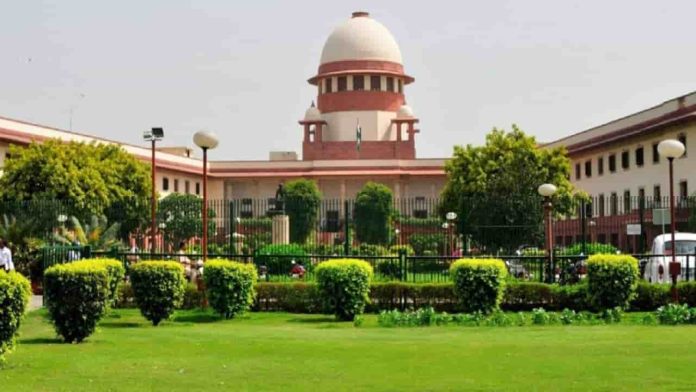The Supreme Court has granted NIA another two more weeks to reply to the bail plea which was filed by professor Hany Babu in the 2018 Bhima Koregaon violence case.
The Top court was hearing the bail application which was filed by Hany Babu who has been accused of waging war and attempting to wage war against the Government of India amongst other charges.
The matter was presented before bench of Justice Aniruddha Bose and Justice Sanjay Kumar who gave 2 weeks to NIA for filing their reply.
A bench of Justices Aniruddha Bose and Sanjay Kumar also did not entertain the request by the petitioner to be heard today as the matter had already been delayed enough.
The Counsel of the petitioner was clearly told by Justice Kumar that they need to realise that on the first date they took an adjournment. On the second date the court issued notice and today is the third date.
Notice was issued in the month of January by a division bench of Justices Aniruddha Bose and Sanjay Karol had issued notice to NIA in Babu’s bail application.
The Top court was approached by Hany Babu by a special leave petition challenging the September 2022 order by Bombay High Court that rejected his bail plea.
Court was told today that Babu was 57-year-old and a reputed professor of Delhi University.
The division bench of Justice N.R Borkar and Justice Nitin Jamdar of Bombay High Court while rejecting the bail application by Hany Babu, against the order of a Special Judge stated, that the appellant was assigned to do all future tasks of the Revolutionary Democratic Front (RDF).
The court further also stated that the deep involvement of appealant in the activities of the RDF and the CPI (Maoist), and that his role cannot be seen only as an academician trying to help a colleague for release from custody.
The court shared the communication between the appellant with the co-accused and wanted accused where it can be seen that the appellant was in continuous contact with them.
The communication between them was addressing comrades proposing to take concrete steps to end the ‘Modi -Raj’. It is stated that ‘we’ are thinking along the lines of another ‘Rajiv Gandhi-type incident’, and targeting ‘his’ road shows could be an effective strategy”.
Further, the court rejected the bail, stating that the appellant was an expert in setting up appointments and developing a code structure that was vital for secret communication.


